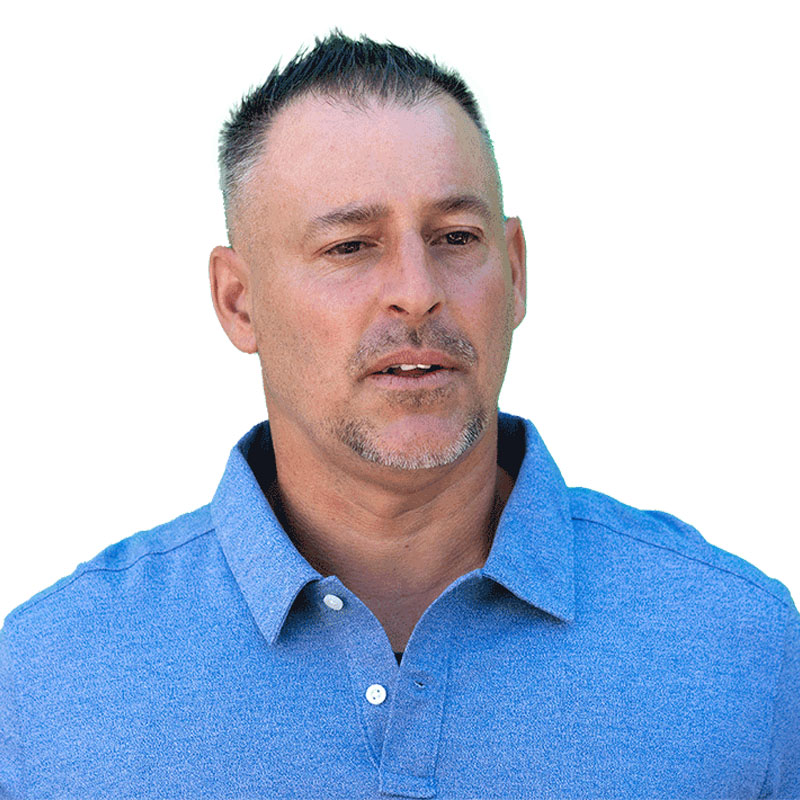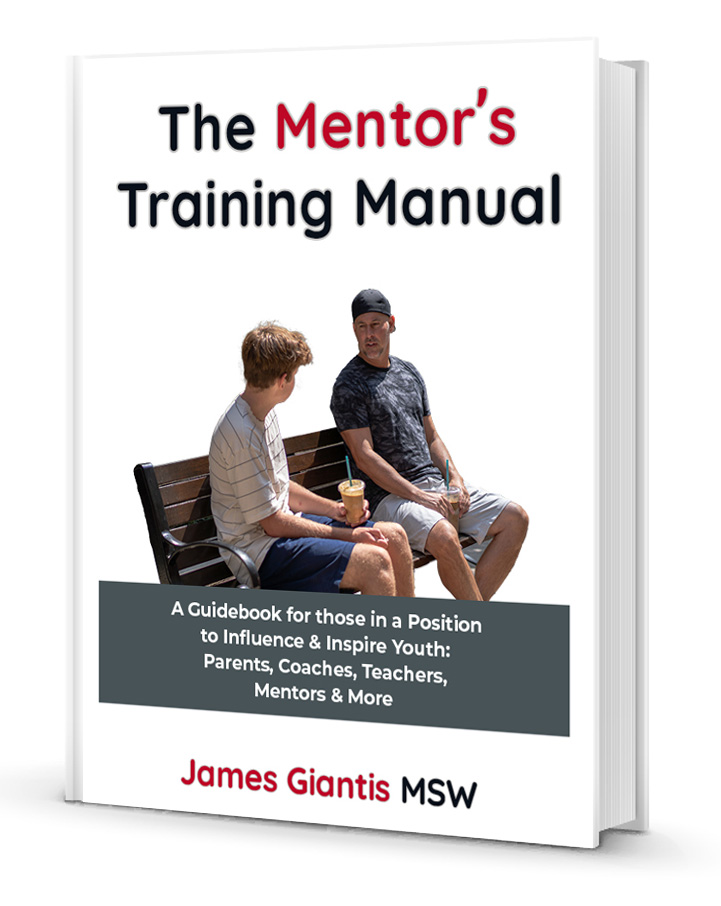About the Founder
James Giantis, MSW

James has more than 30 years of experience providing personal and professional development services to youth, adults, families, and organizational personnel.
He has spent 10 years working within in-patient psychiatric settings and residential treatment programs, and has devoted more than 20 years to home, school, and community services.
Having helped thousands of youth, parents, and families to better recognize, understand, and solve their problems, James has created an innovative philosophy, system, and approach to understanding behavior and relational dynamics.
Professional Roles & Experience
Over the years, James has worked with people of all backgrounds through various roles:
Career Experience
Clinical Settings
10 Years- In-patient psychiatric settings
- Residential treatment programs
- Behavioral analysis & therapy
Community Services
20+ Years- Home-based coaching
- School-based interventions
- Community programs
Effective Mindset Training System
James created the EMTS (Effective Mindset Training System) — an innovative philosophy, system, and approach to understanding behavior and relational dynamics.
Based on thousands of real-world cases over 30+ years, the EMTS methodology emphasizes calm-assertion, resource fulfillment, and practical problem-solving strategies.
Learn About the EMTS →"Whatever challenges you may be facing, I am confident I can help you fully understand your barriers and map out ways to overcome or manage them successfully."
— James Giantis, MSW
Areas of Specialization
Youth Development
Self-leadership training, resilience building, and social skills for children and adolescents.
Parent Coaching
Effective parenting strategies, communication, and behavioral management techniques.
Family Systems
Family dynamics, conflict resolution, and building stronger relationships.
Professional Development
Leadership coaching, team building, and organizational consulting.
Published Work

The Mentor's Training Manual
Comprehensive guide to the EMTS methodology with practical strategies, case studies, and training system documentation.
View Manual →Guidebook Collection
9+ focused guidebooks covering Life Strategy, Athletes Unlocked, Empathy, Screen Life, and more.
Browse Guidebooks →Work with James
Book a complimentary strategy session to discuss your unique challenges and goals.
Schedule a Consultation